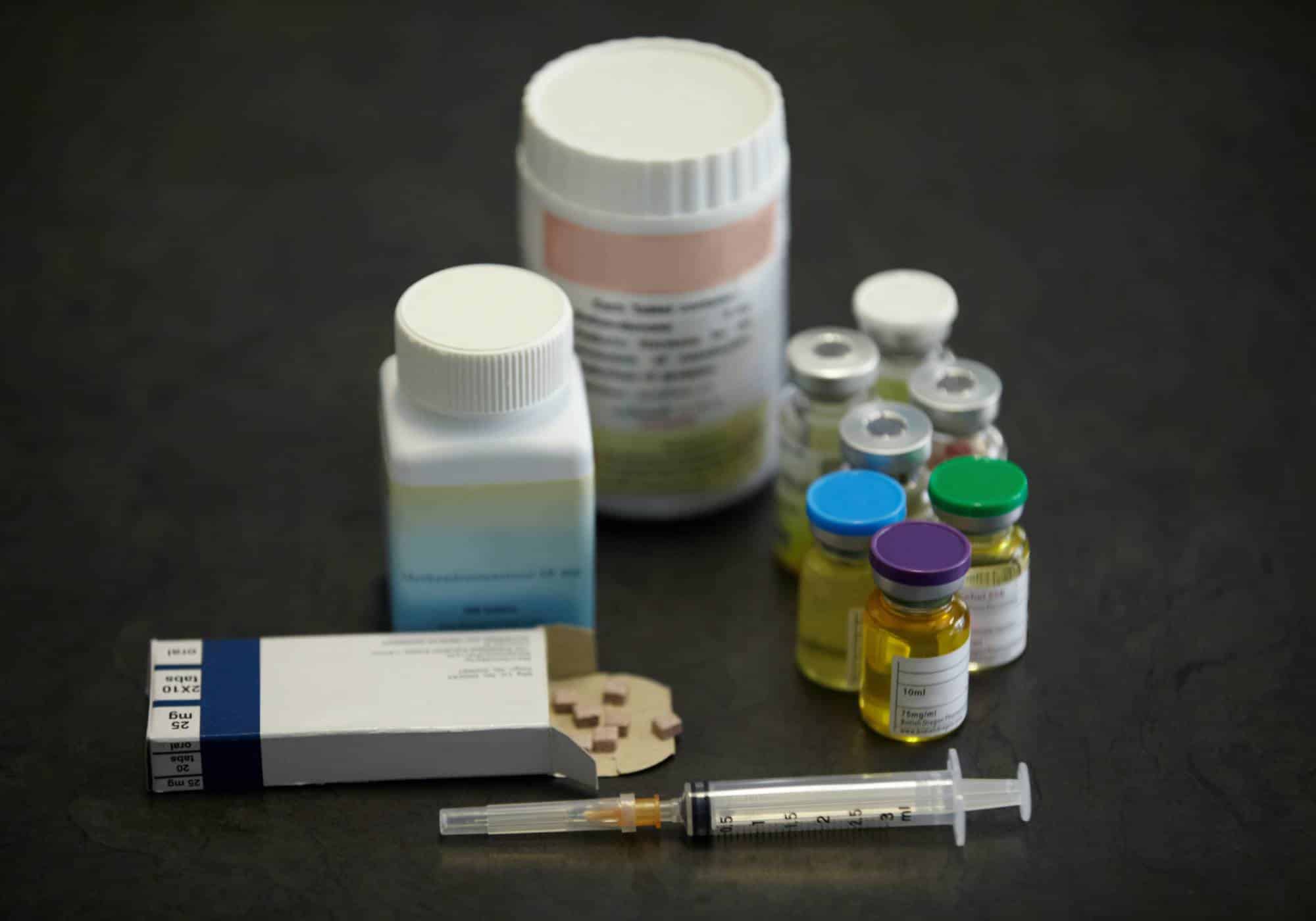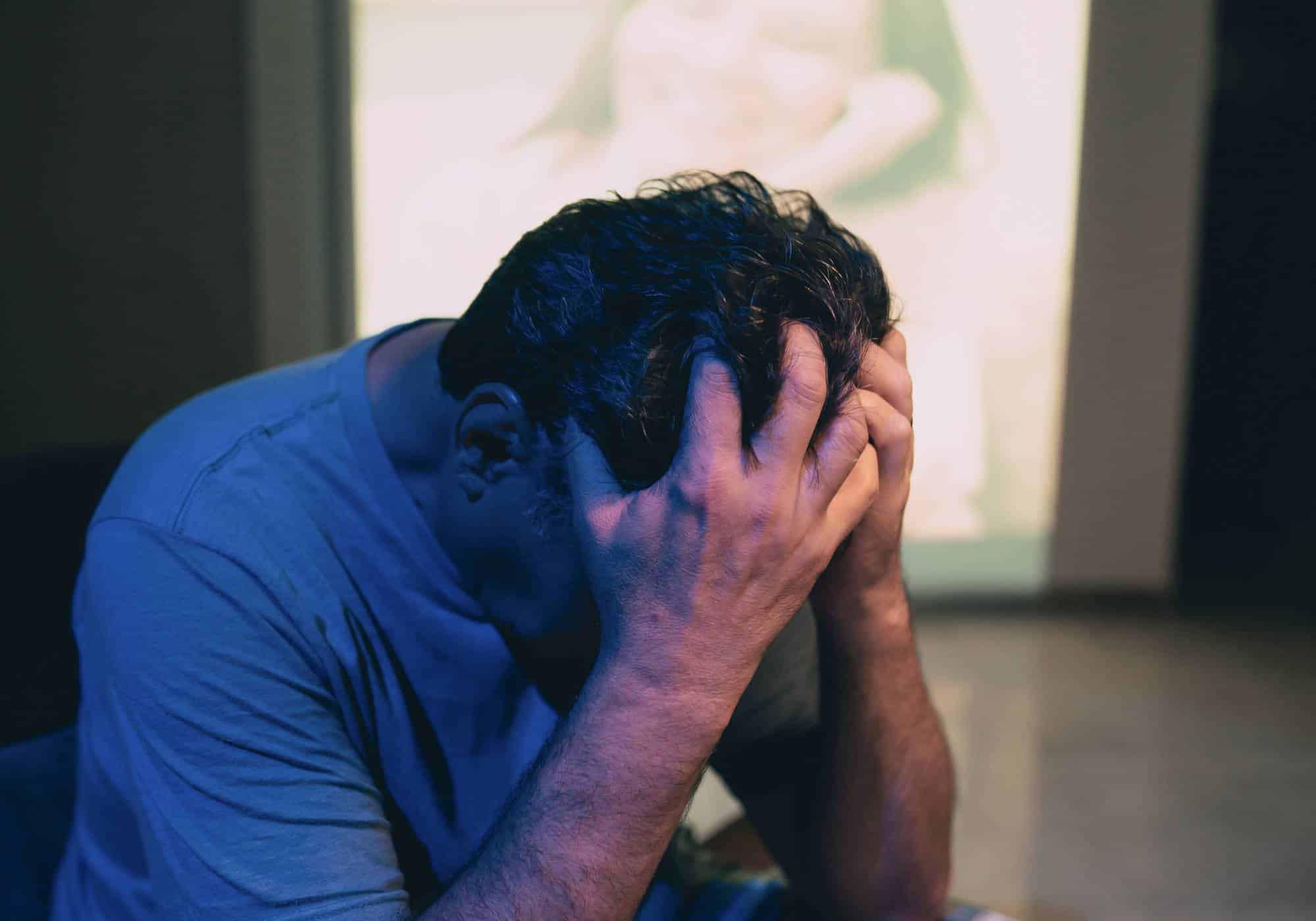The opioid epidemic is a global health crisis that has impacted communities around the world. As considerable progress has been made in recent years to address this challenge, opiate addiction continues to be an issue of deep cultural and social significance that commands increased attention and awareness.
Opiate addiction treatment remains both costly and often inaccessible due to a range of factors — especially when it comes to comprehensive care services — leaving many individuals without the support they need for successful long-term recovery outcomes. In this blog post, we’ll explore how making greater efforts towards access-to-care initiatives can help improve current treatments for folks affected by various types of opiates, such as heroin or fentanyl use disorders.
A Global Health Crisis
The opiate epidemic has significantly increased in complexity and severity over the past decade, with opiates being a major contributor to drug-related deaths across multiple countries. Opiates are more potent than other drugs, making it easier for people to become addicted. In the United States alone, opiate-related deaths have more than quadrupled between 1999 and 2020 — a trend that has only continued since then. In order to effectively address this complex issue, opiate addiction treatment must be made more accessible to those who need help, regardless of their economic or social circumstances. This will require an ongoing commitment from government and public health officials as well as support from individual community members.
There are a variety of initiatives that seek to increase access-to-care services for opiate users and their families while also facilitating better partnerships between government agencies and medical professionals. For example, many governments have implemented various policy interventions such as opioid replacement therapy (ORT) — which uses controlled opiate agonist medications like methadone or buprenorphine to help reduce opiate cravings and withdrawal symptoms — as well as syringe exchange programs that promote safer injection practices among opiate users. These strategies have played a significant role in reducing opiate-related deaths and improving opiate addiction treatment outcomes.
Barriers to Opiate Addiction Treatment
Unfortunately, opiate addiction treatment is not always as accessible as it should be. This can be attributed to a number of factors, ranging from geographical to social and economic.
Geographical Factors
Geographical barriers can be a major obstacle when it comes to opiate addiction treatment access. In rural areas, there may be limited or no opiate addiction treatment services available; and in urban settings, many individuals have difficulties reaching opiate-specific treatment centers due to transportation issues or a lack of affordable options.
Insurance Coverage
Many opiate users are unable to cover the costs of opiate-specific medications or treatments, and even when they do have access to these services, many opiate users may not be able to afford them due to high out-of-pocket expenses — a situation that can be particularly problematic for those who lack adequate health insurance coverage.
Social Stigmas
Additionally, opiate addiction often involves social stigma, which can lead to feelings of shame and fear among individuals struggling with opiate use disorder. This further prevents people from seeking help as they may be reluctant to seek out opiate-specific care services for fear that their condition will become known by their neighbors or employers.
Cultural and Language Barriers
Cultural and language barriers can also be a challenge when it comes to opiate addiction treatment. For example, in immigrant communities, many opiate users may lack the necessary literacy skills or cultural understanding of opiates and opiate addiction treatment, making it more difficult for them to access quality care services.
Lack of Awareness
Opiate addiction treatment is often not seen as a priority by many individuals who are unaware of the risks associated with opiate use. These attitudes can create an environment where opiate use is normalized or even accepted — something that further limits access to proper opiate addiction treatment services.
Resistance to Recovery
Finally, opiate addiction treatment can be hindered by resistance from opiate users themselves. Many opiate users do not believe they have a problem or may be unwilling to seek help due to fear of judgment or stigma. This can make it difficult for opiate addiction treatment professionals to effectively engage and interact with opiate users in order to provide them with the necessary care services.
These barriers need to be addressed in order to ensure that all opiate users have access to quality opiate addiction treatment options regardless of their personal circumstances. Doing so would not only reduce the number of opiate-related deaths but also lead to improved health outcomes for those affected by opiate use disorder.
Improving Access to Care Services
In addition to government policies, there is also an important need to increase access to opiate addiction treatment services in order to make such treatments more effective. This involves developing partnerships between local medical providers, community organizations, and insurance companies that can provide comprehensive opiate addiction care — from detoxification services to long-term treatment options — at affordable rates.
Additionally, increasing outreach efforts toward underserved populations is essential for helping those who may not be able to seek professional help due to financial or social barriers.
Finally, expanding research into new opiate addiction treatments is vital for making progress in this area. Novel approaches such as pharmacotherapy and cognitive-behavioral therapies can offer new paths to recovery that may be more effective or acceptable for opiate users.
Access Opiate Addiction Treatment in Hiram, GA
Hope Harbor Wellness is a leading opiate addiction treatment center in Hiram, GA. It offers a wide range of services, including opiate-specific medication management, cognitive-behavioral therapy, and peer support programs to help opiate users regain control of their lives.
Our team of experienced addiction specialists works hard to ensure that all our patients receive quality care and support every step of the way. We accept most major insurance plans and offer flexible payment options for those who need them. Contact us today to learn more about opiate addiction treatment in Hiram, GA.












